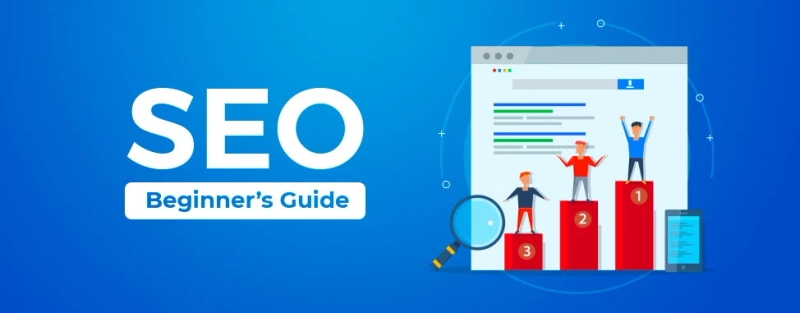Who is this guide for?
Whether you're the owner of a growing and thriving business, the owner of a dozen websites, an SEO specialist at a web agency, or a DIY SEO expert passionate about search mechanics, this guide is for you. If you want a comprehensive overview of SEO basics following our best practices, you've come to the right place. Search Engine Optimization (SEO) often involves small changes to parts of your website. You are probably already familiar with many of the topics in this guide, as they are essential parts of any website, but you may not be getting the most out of them We hope that our guide will give you new ideas to improve your website. We welcome questions, comments, and testimonials from the Google Search Central support community.
How do I rank my website on Google?
Google is a fully automated search engine that uses robots to constantly scan the web for sites to add to our index. Usually, all you have to do is publish your website on the Internet. Find out how Google discovers, indexes, and manages websites. The Search Essentials outlines the basics of building a Google-friendly website. While there's no guarantee that our SEO Expert crawlers will find a particular site, adhering to the Search Essentials guidelines can help your site appear in our search results. Google Search Console provides tools to help you submit your content to Google and track your results on Google Search. If you want, Search Console can even notify you about critical issues that Google found on your site. Sign up for Search Console. Is my website listed on Google? Am I providing quality content to users? Will my local business show up on Google? Is my website secure?
Promote your site:
While most links are added to your site when people discover your content and refer to it via search or other means, Google understands that you want others to know about the hard work you do put into your content. Effective promotion of new content leads to faster discovery by people interested in the same topic. As with most of the issues discussed in this whitepaper, taking these recommendations to extremes can damage your site's reputation. A blog post on your site telling users that you've added something new is a great way to promote new content or services. Other website owners who follow your website or RSS feed may also see this message. Efforts to SEO Specialist to promote your business or website offline can also be worthwhile. You can also send your customers regular email newsletters to let them know about new content on your business website. If you run a local business, registering a business profile will help you reach customers on Google Maps and Google Search.
Conclusion:
For advanced users, the information provided by the analysis package combined with data from server log files can provide even more complete information about how users interact with documents (e.g. additional keywords for users to find your part). There are probably many websites that cover similar topics as you. It is generally beneficial to communicate openly with these sites. Hot topics in your niche or community can inspire other content ideas or make a good community resource.


